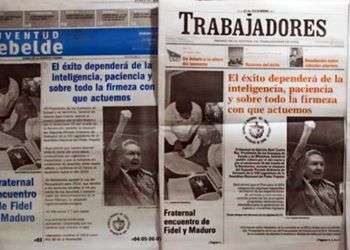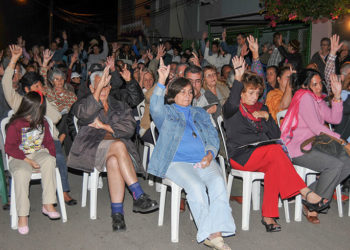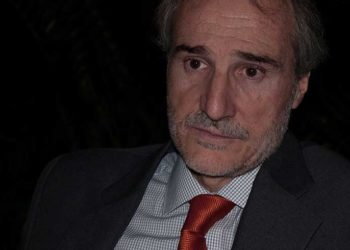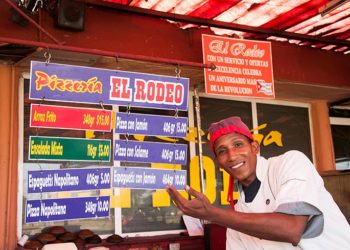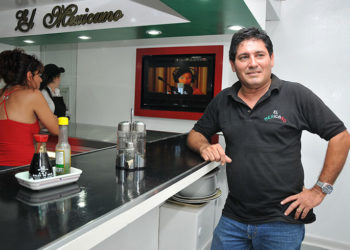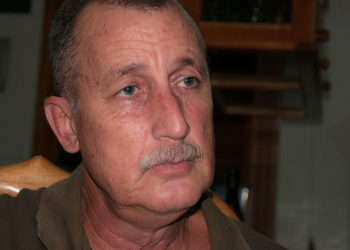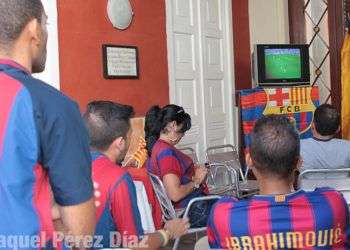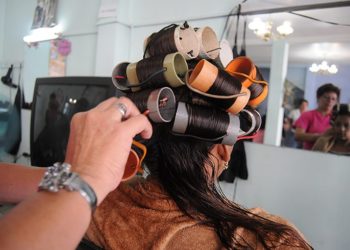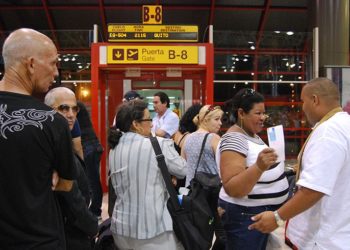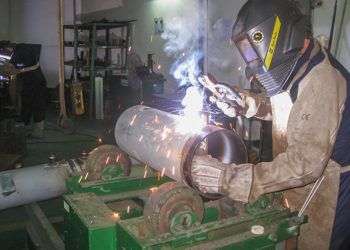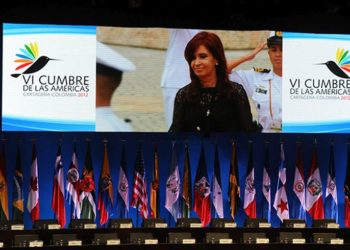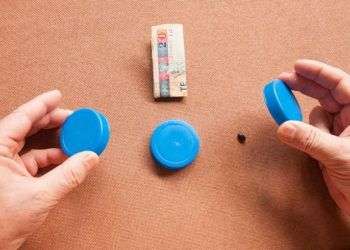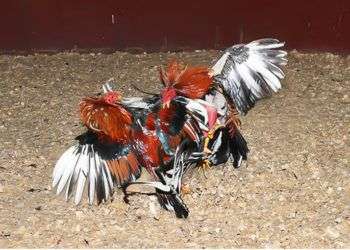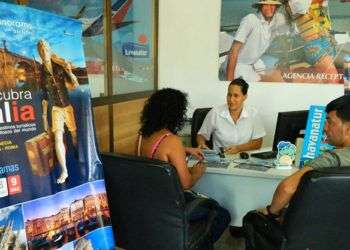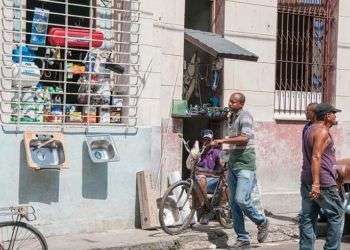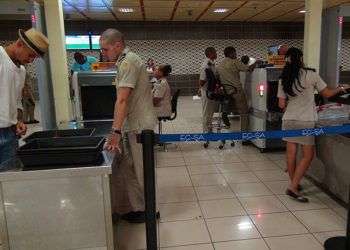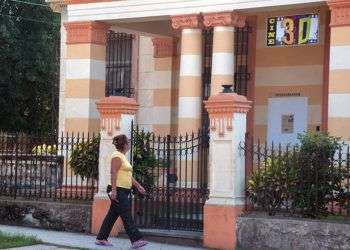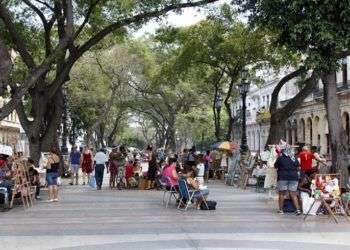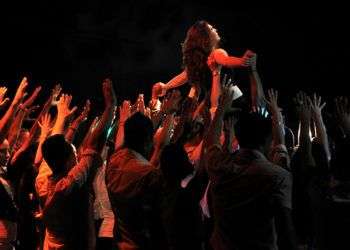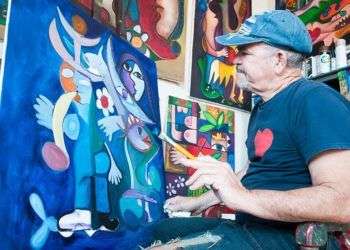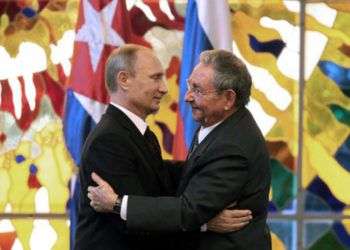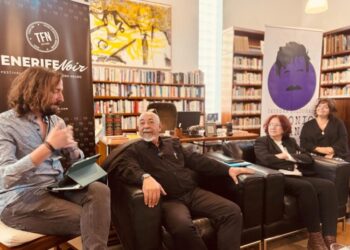The press and the lessons of History
Maintaining control over all of the media and having the power to decide who manages these and what gets published is probably the dream of many politicians around the world. Such a degree of control, however, is not without serious dangers. When all of the media are controlled by a small group of people in the governing party, these individuals have enormous influence over society, so much that, if push came to shove, they could use it to pressure the rest of the party and government. The experience of the Soviet Union demonstrates the consequences of that control. Alexander Yakovlev, head of the Agitation and Propaganda Department (AGITPROP), became one of the main actors responsible for the disappearance of the USSR. Alexander Yakovlev used his power over the Soviet press to isolate a sector of the Communist Party. For years, this “ideologue” was the second-in-command in this department. He was a rather insignificant figure until Mikhail Gorbachev appointed him head of AGITPROP, placing all of the Soviet Union’s media in his hands. He then went on to replace many newspaper editors, appointing people who were politically like-minded. He encouraged journalists to criticize certain sectors within the Communist Party in order...


